At President Joe Biden’s inauguration on January 20th, 2021, 22-year-old Amanda Gorman delivered her poem, “The Hill We Climb.” The Los Angeles resident made history as the youngest known inaugural poet, sparking admiration and conversation the following weeks.
The poem isn’t without criticism, however. People have taken to the comment sections in newspapers like The Hill to voice their opinions. Check out Reddit’s r/Poetry subreddit, a place to share and discuss published poetry, and you’ll find similar sentiments. One user said, “The meter is all over the place. The wordplay is inane. It’s full of patriotic platitudes and contains nothing new or surprising. It wouldn’t inspire anyone at any time except Americans, today.”
I’m not qualified to judge what makes good poetry and what doesn’t. I’ve heard various people commend the artist yet criticize the poem for things such as “cliches” and “frustrating meter.” Additionally, some praise “The Hill We Climb” for its messages and pacing but question whether it is “technically strong.” Regardless, I think that there is great merit in the work as a piece of art. Art and creativity can be important tools in inspiring people, and Ms. Gorman utilizes them to do just that. A Forbes article says, “Gorman has produced poetry and studied sociology, so in combining complex social science into an art form, she has developed a unique offering in both fields.” I’d have to agree.
Rewatching her performance, I hear rhythms and repetitions that remind me of Hamilton. There are two references to the musical within the poem, in addition to commentary on current events. Journalists, teachers, and Youtubers alike have begun analyzing Gorman’s piece, noting references to the bible and other poets’ work, as well. The significance? Gorman is purposeful in her words and presentation. One thing that I believe is incredible about her piece is its accessibility, which is somewhat indifferent to the “technicality” of it as poem. There is still value that can be measured in the conciseness of words and density of thought within Gorman’s piece, but its reach to the general masses could be considered invaluable. The outbursts in feelings it evoked in countless people, if only for a moment, have been monumental (just check out the positivity related to #AmandaGorman on Twitter). Gorman’s position as an inaugural poet gave her a platform to send a message in a moving way, reaching to those who previously wouldn’t have given poetry a second thought. I think this is one area that she succeeds, not just in her poem, but in her touching yet empowering performance.
Gorman’s presence exudes strength, but her poem also reflects pain. Poignant words remind young Americans–not unlike Gorman–that our work is not done. We must strive for progress in a society that is fast-paced and continuously evolving. Accommodating changing times also means acknowledging the dark that remains. In doing so, perhaps we might “raise this wounded world into a wondrous one,” as Gorman states in “The Hill We Climb.” Will the poem be remembered and recited for years to come? I don’t know, but I don’t believe that its relevance to the “now” detracts from the message it has to tell. If anything, the call for light and unity is one that we needed.
Look below for a video of Gorman reciting “The Hill We Climb” (courtesy of The New York Times) and a full transcript of the poem.
Watch Amanda Gorman, the youngest inaugural poet in U.S. history, recite her poem “The Hill We Climb” at President Biden's inauguration. https://t.co/5yi8RThWd9 pic.twitter.com/JcVuOhOU4h
— The New York Times (@nytimes) January 20, 2021
Transcript of the poem:
When day comes we ask ourselves,
where can we find light in this never-ending shade?
The loss we carry,
a sea we must wade.
We’ve braved the belly of the beast,
We’ve learned that quiet isn’t always peace,
and the norms and notions
of what just is
isn’t always just-ice.
And yet the dawn is ours
before we knew it.
Somehow we do it.
Somehow we’ve weathered and witnessed
a nation that isn’t broken,
but simply unfinished.
We the successors of a country and a time
where a skinny Black girl
descended from slaves and raised by a single mother
can dream of becoming president
only to find herself reciting for one.
And yes we are far from polished.
Far from pristine.
But that doesn’t mean we are
striving to form a union that is perfect.
We are striving to forge a union with purpose,
to compose a country committed to all cultures, colors, characters and
conditions of man.
And so we lift our gazes not to what stands between us,
but what stands before us.
We close the divide because we know, to put our future first,
we must first put our differences aside.
We lay down our arms
so we can reach out our arms
to one another.
We seek harm to none and harmony for all.
Let the globe, if nothing else, say this is true,
that even as we grieved, we grew,
that even as we hurt, we hoped,
that even as we tired, we tried,
that we’ll forever be tied together, victorious.
Not because we will never again know defeat,
but because we will never again sow division.
Scripture tells us to envision
that everyone shall sit under their own vine and fig tree
and no one shall make them afraid.
If we’re to live up to our own time,
then victory won’t lie in the blade.
But in all the bridges we’ve made,
that is the promise to glade,
the hill we climb.
If only we dare.
It’s because being American is more than a pride we inherit,
it’s the past we step into
and how we repair it.
We’ve seen a force that would shatter our nation
rather than share it.
Would destroy our country if it meant delaying democracy.
And this effort very nearly succeeded.
But while democracy can be periodically delayed,
it can never be permanently defeated.
In this truth,
in this faith we trust.
For while we have our eyes on the future,
history has its eyes on us.
This is the era of just redemption
we feared at its inception.
We did not feel prepared to be the heirs
of such a terrifying hour
but within it we found the power
to author a new chapter.
To offer hope and laughter to ourselves.
So while once we asked,
how could we possibly prevail over catastrophe?
Now we assert,
How could catastrophe possibly prevail over us?
We will not march back to what was,
but move to what shall be.
A country that is bruised but whole,
benevolent but bold,
fierce and free.
We will not be turned around
or interrupted by intimidation,
because we know our inaction and inertia
will be the inheritance of the next generation.
Our blunders become their burdens.
But one thing is certain,
If we merge mercy with might,
and might with right,
then love becomes our legacy,
and change our children’s birthright.
So let us leave behind a country
better than the one we were left with.
Every breath from my bronze-pounded chest,
we will raise this wounded world into a wondrous one.
We will rise from the gold-limbed hills of the west.
We will rise from the windswept northeast,
where our forefathers first realized revolution.
We will rise from the lake-rimmed cities of the midwestern states.
We will rise from the sunbaked south.
We will rebuild, reconcile and recover.
And every known nook of our nation and
every corner called our country,
our people diverse and beautiful will emerge,
battered and beautiful.
When day comes we step out of the shade,
aflame and unafraid,
the new dawn blooms as we free it.
For there is always light,
if only we’re brave enough to see it.
If only we’re brave enough to be it.

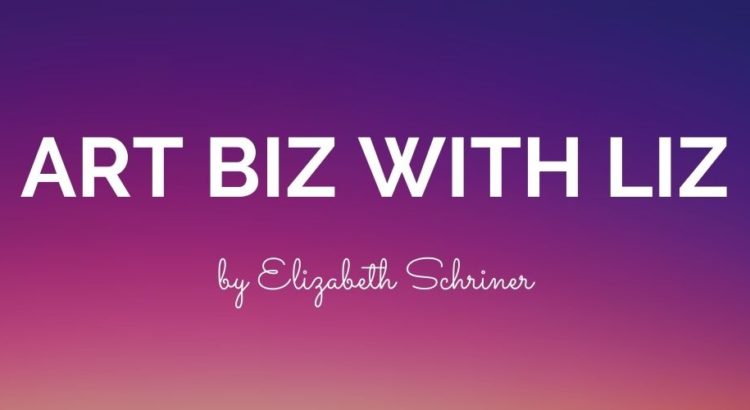
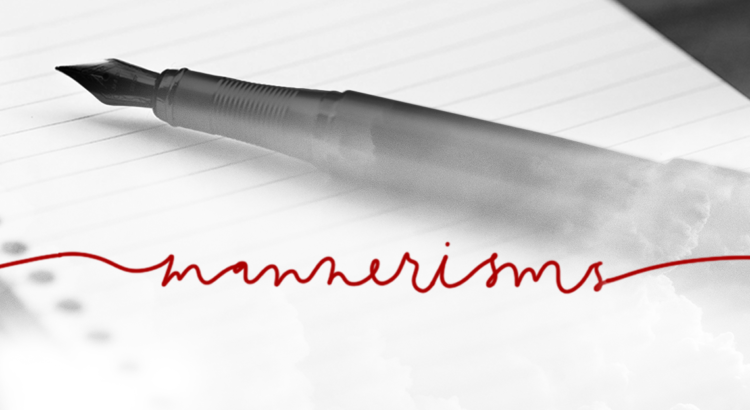
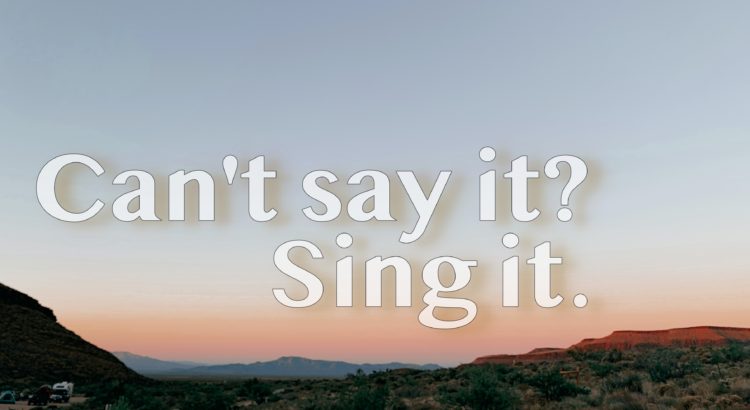
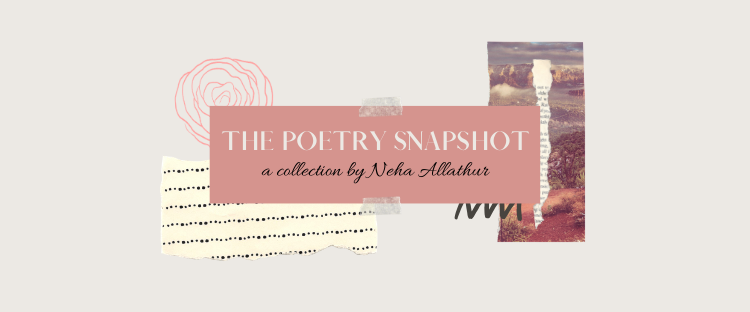

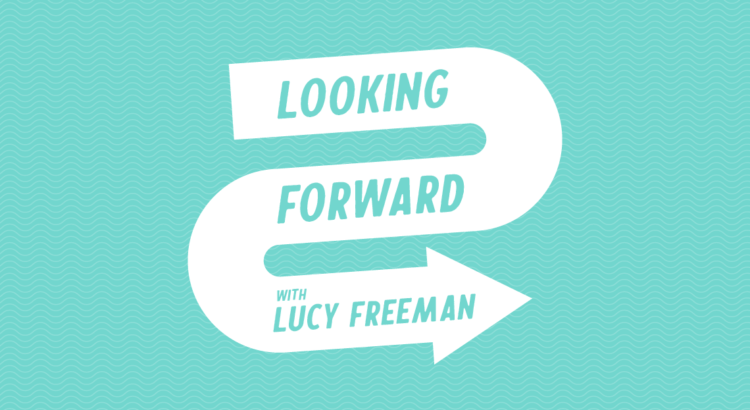
 I hope exam season is treating you well and you’re finding ways for self-care in the midst of all of it. This week, I spoke with Aylin Gunal, Editor-in-Chief for Writer-to-Writer. I asked her about the publication, how the organization has adjusted to this semester, how she perceives creativity on campus this semester, and how students can get involved. It was a wonderful conversation I’m excited to share with you all!
I hope exam season is treating you well and you’re finding ways for self-care in the midst of all of it. This week, I spoke with Aylin Gunal, Editor-in-Chief for Writer-to-Writer. I asked her about the publication, how the organization has adjusted to this semester, how she perceives creativity on campus this semester, and how students can get involved. It was a wonderful conversation I’m excited to share with you all!